International Bat Night has been traditionally celebrated every year on the last weekend in August since 1997, with the aim of raising public awareness of the need and importance of protecting bats because of the decline in their numbers worldwide. Through the activities held to celebrate International Bat Night, we make possible the spread of knowledge about these mammals, their way of life, habits and needs, their important role in various ecosystems as well as the need for their preservation and protection.
Bats are the only mammals that can fly. Forty-five species have been recorded in Europe, thirty-four species in Croatia and as many as twenty-two species at Plitvice Lakes National Park. All species of bats are strictly protected by law. They feed exclusively on insects, keeping the nocturnal insect numbers under control, and are an indicator of a healthy and clean environment. One bat can eat up to 1000 insects in one evening, so they are extremely good at regulating their numbers. They shelter in caves, abandoned anthropogenic structures, rock crevices and old tree trunks.
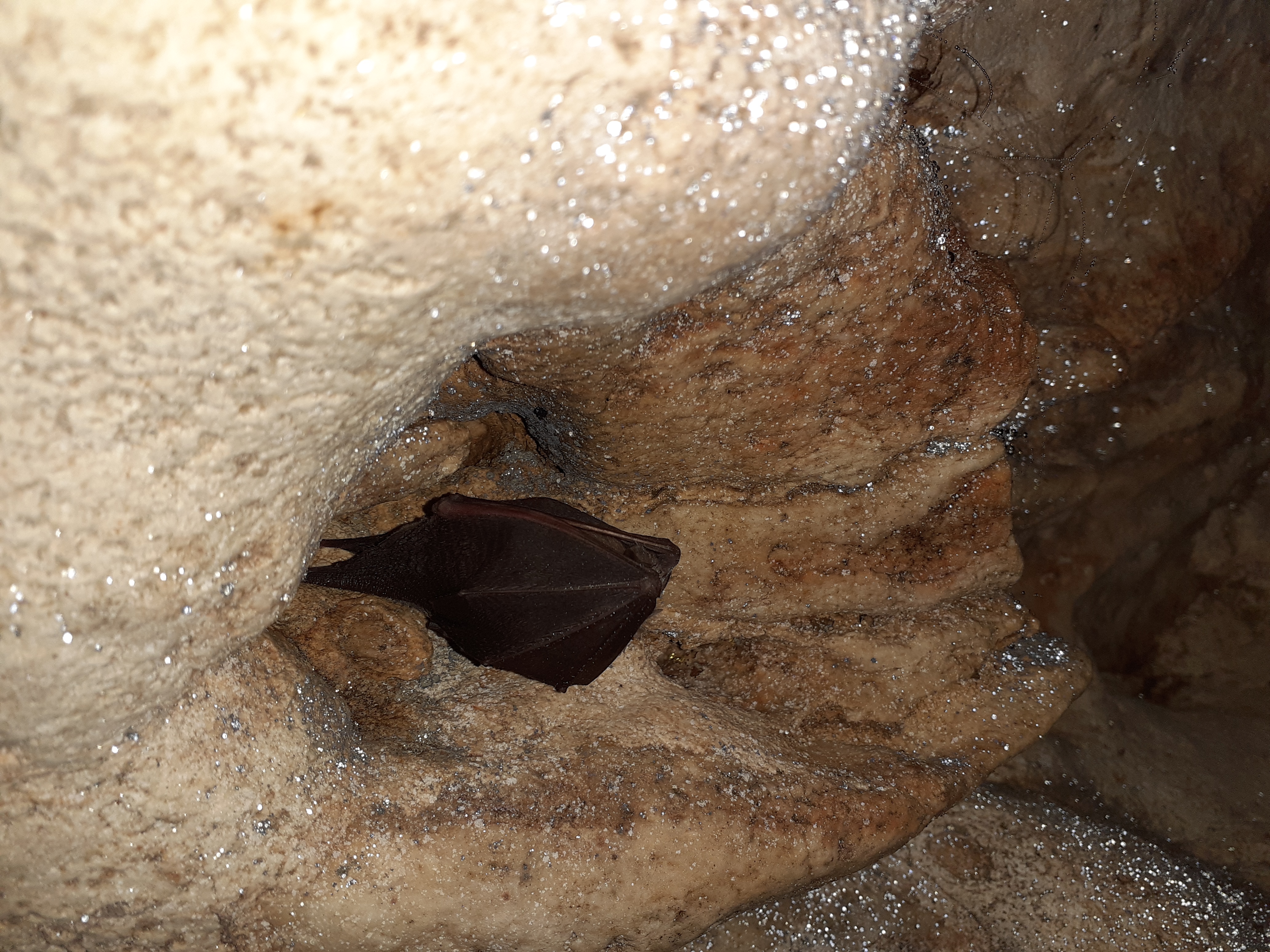
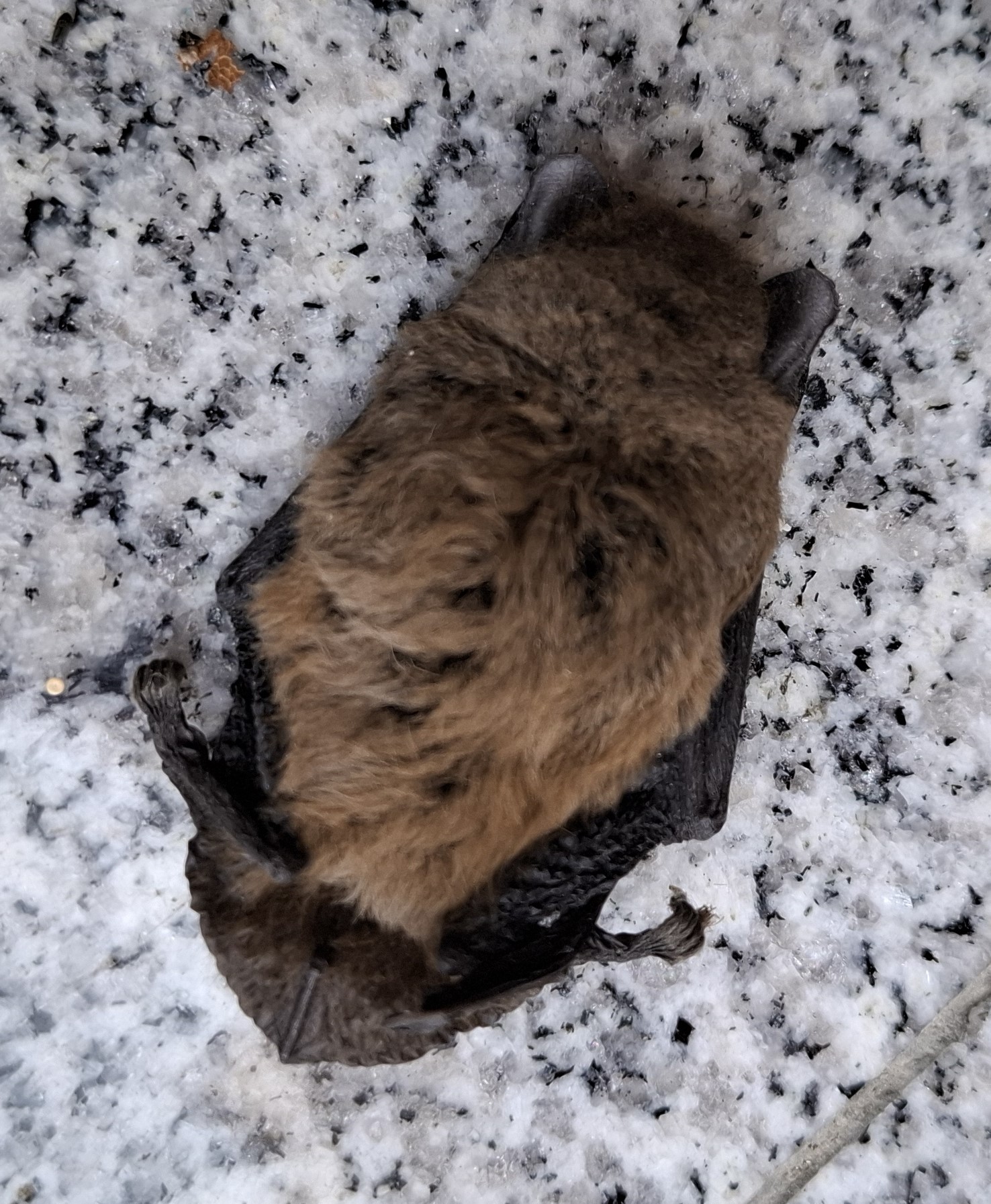
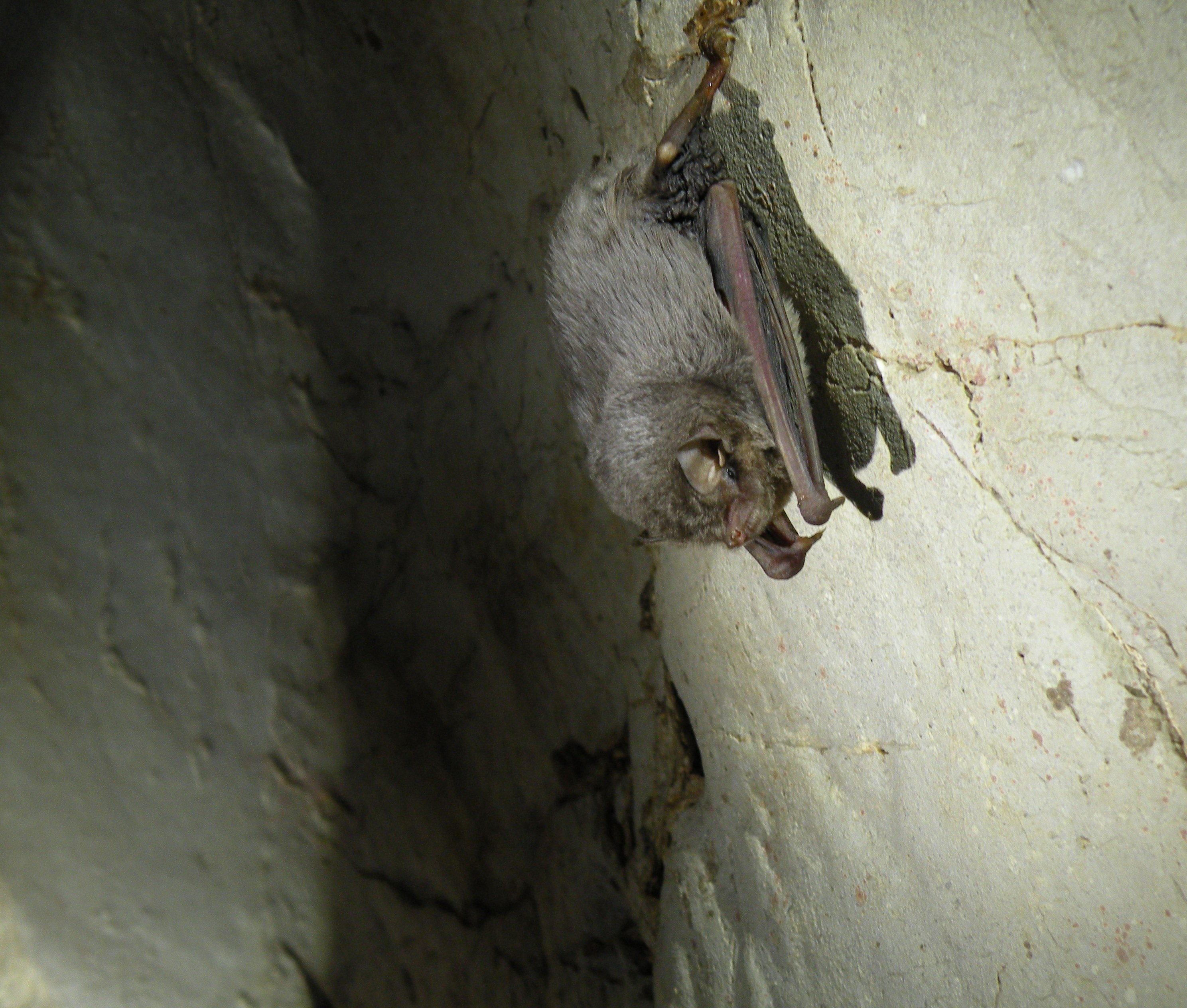
Marina Kipson 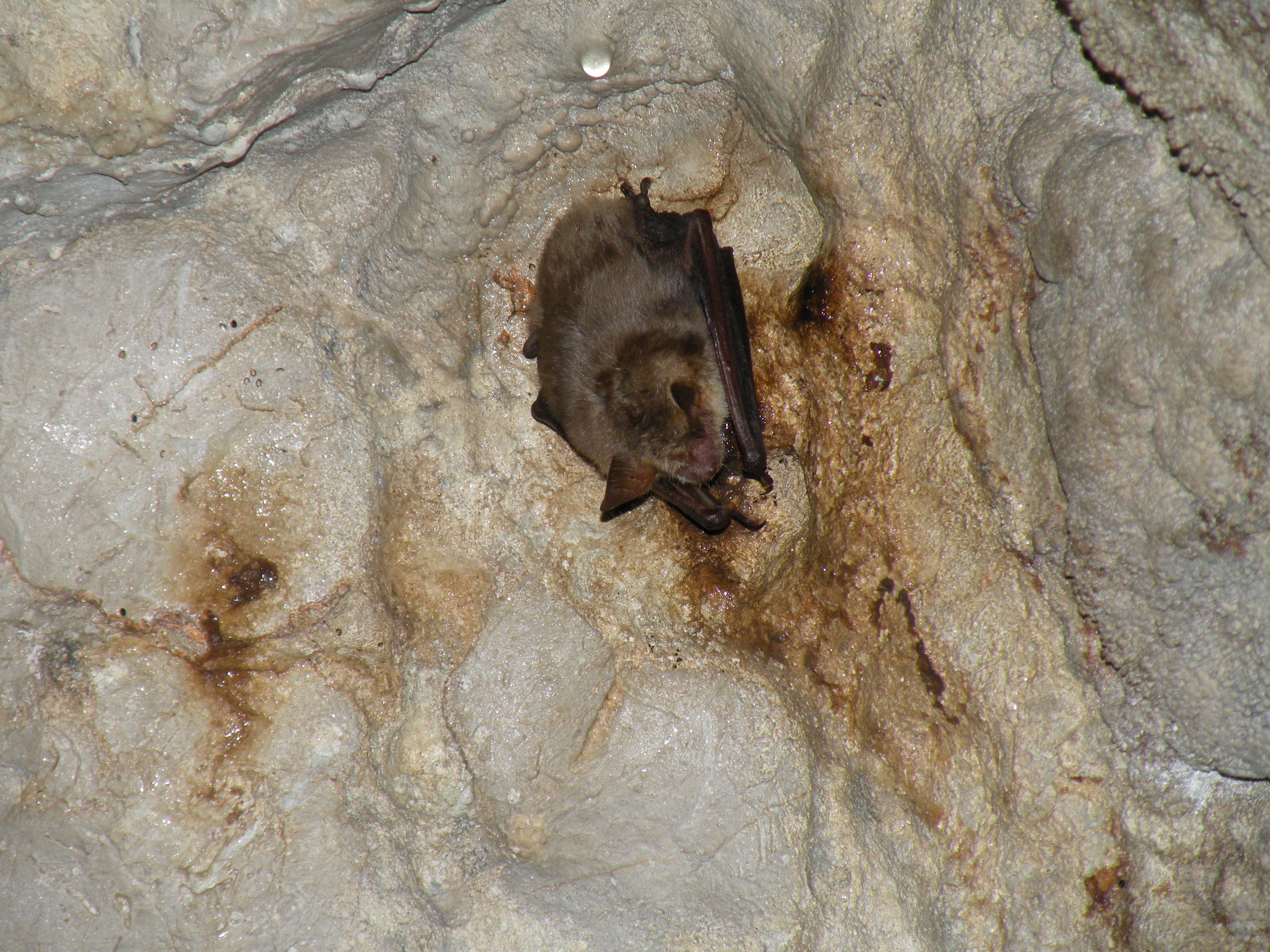
Ana Pusic 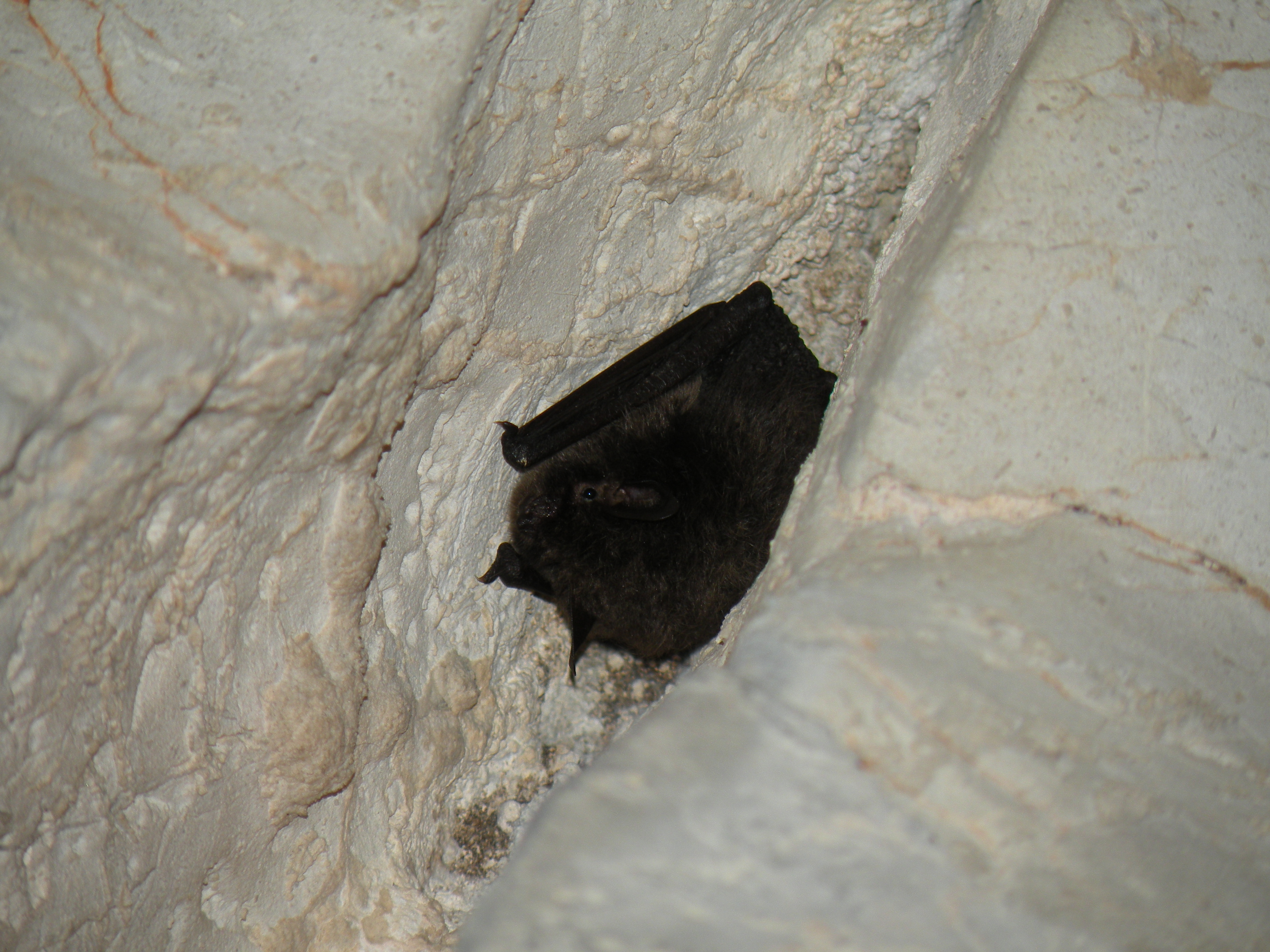
Marina Kipson 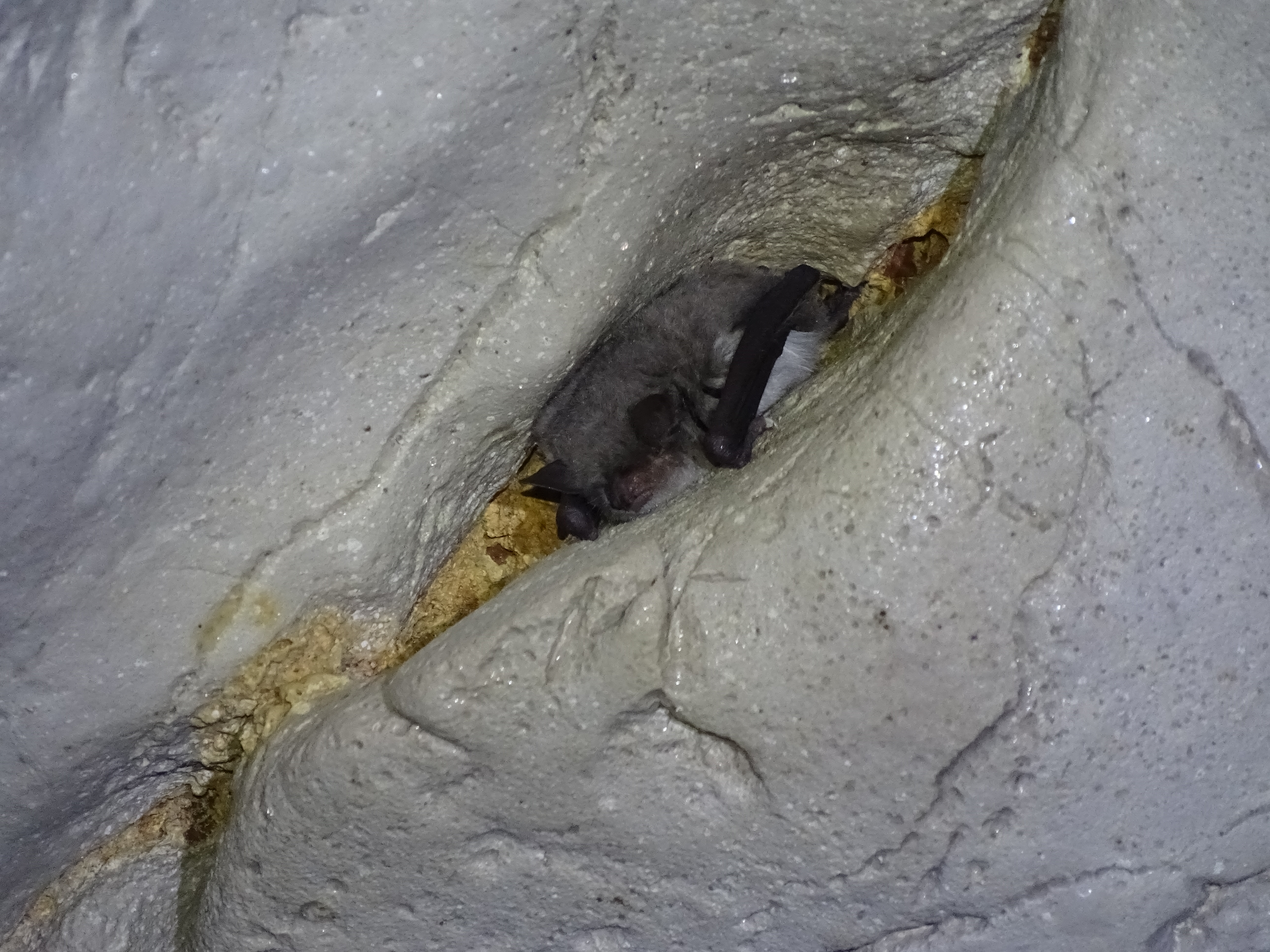
Marina Kipson
Monitoring the state of bats at Plitvice Lakes National Park has been carried out since 2015. Monitoring is carried out in four cave structures: Lake Fairies’ Cave, Barać Caves, Modra Pećina (Blue Cave) and Mračnjača (Dark Cave), as well as in the above-ground Izvor Villa. Monitoring is carried out by the Croatian Biospeleological Society in cooperation with the staff of the Park’s Conservation Service.
A large number of bat species uses the listed structures as migration, maternity and/or hibernation shelters. This is helped by the fact that these cave structures are either inaccessible or closed for tourist visits, and the bats are undisturbed there and thus happy to make use of them. In addition, the Park abounds in numerous habitats where bats hunt for prey: forests, water surfaces, meadows and grasslands, etc. It is precisely the diversity of these habitats, the absence of commercial forest use, the abundance of water and the speleological structures that support the great diversity of bat species as well as overall biodiversity.
The role of bats in preserving the natural balance in various ecosystems is irreplaceable. And no, bats are not vampires, they don’t drink blood and they won’t get tangled in your hair. Overcome the prejudice you might have about them and participate in the preservation and protection of these interesting mammals.


